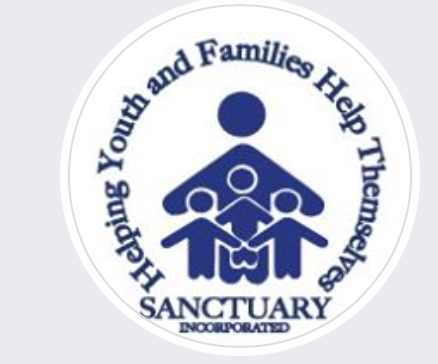Sanctuary Month Community Outreach

Sanctuary Month Community Outreach
- Status: Past Project
- Possible Hours: 4
- Categories: Social Justice, Peace and Kindness, Military and Veterans, Emergency Preparation and Response, Education and Literacy, Citizenship and Civic Engagement, Environment and Sustainability, Health and Wellness, Homelessness and Poverty, History and Culture
- Schools: Open to All Schools
- Project Start Date: 11/16/2019
- Project End Date: 11/16/2019
All students are invited to attend this free event, but students need to get permission from a teacher to attend the Community Outreach for the purpose of earning service learning hours. All students need to check in at the service learning table Saturday November 16, 2019 between the hours of 10:00am – 2:00pm. Students will be given a passport and must visit all educational outreach tables and get their passports stamped.
In order to earn service learning hours, students will need to share what they learned with peers who did not attend. This can be done by doing a class presentation in the week following Sanctuary's Community Outreach, making and sharing a poster, or a slide show of photos taken, or writing a song. Students can also use social media to share the educational messages. Be creative but remember that the service is the sharing!
In order to earn service learning hours, a reflection needs to be turned in to a teacher who can input the hours into Power School. You need to address: What did you do? What did you learn? How was this an example of public service?
Objective: Students will be expected to extend lessons taught in their classes as it applies toward developing and supporting Sanctuary’s 48th Anniversary Community Outreach in promoting a better quality life for our island’s youth.
Guam Content and Performance Standards:
Health Education: Health Advocacy (Choose one or more of these standards to focus your reflection on.)
HS.8.1: Utilize accurate peer and societal norms to formulate a health enhancing message. EXAMPLE: Create a poster using data from the Youth Risk Behavior Survey (YRBS) that encourages peers to abstain from risky behaviors (e.g., abusing alcohol and drugs, having unprotected sex).
HS.8.2: Evaluate strategies that influence and encourage others to make positive health choices. EXAMPLE: Create a pamphlet or website advocating a tobacco-free lifestyle.
HS.8.3: Work cooperatively as an advocate for improving personal, family, and community health. EXAMPLE: Sponsor a health fair addressing health-related issues currently affecting teens.
HS.8.4: Adapt health messages and/or communication techniques to target a specific audience. EXAMPLE: Modify a public service announcement using a variety of languages to promote good health.
HS.8.5: Employ life skills that promote healthy, productive, and functional lives. EXAMPLE: Collect samples of warning labels from common household items and discuss potential health hazards. Or, create a presentation using technology (e.g., PowerPoint, video, print advertisements) depicting a model lifestyle of a typical teenager on Guam (e.g., family functions, volunteer work, extracurricular involvement).
HS.8.6: Develop and articulate personal opinions about health issues. EXAMPLE: Prepare a persuasive speech explaining the importance of HIV testing and counseling of sexually active youth.
Acknowledged by Teacher/Guidance Counselor:
Print name: _____________________________
Signature:_______________________________
Date:______________________









